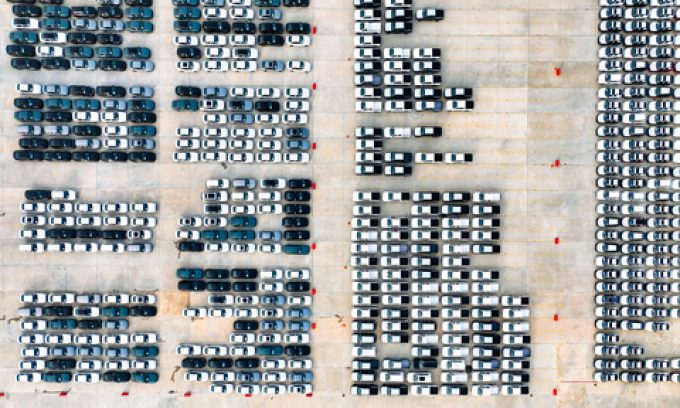Vehicle imports clogging up terminals at European auto ports
Significant numbers of imported new vehicles are reported to be clogging up terminals at European ...

Automotive logistics providers are bracing themselves for a dip in volumes, as the downturn in vehicle manufacturing gathers momentum.
Volkswagen, for example, is looking to significantly reduce its output, with labour unions fearing an unprecedented closure of plants in Germany and downsizing elsewhere, resulting in the laying-off tens of thousands of staff to slash costs.
Like its rivals, VW is suffering overcapacity in a sharply declining market, and is also having to contend with falling market share in China which for decades ...
Price war as carriers compete for cargo driving down container spot rates
Up to $1.5m fee for every Chinese-built box ship calling at a US port
Airfreight rates rising gently as ecommerce giants eye new tradelanes
Carriers warn of cargo disruption due to strikes at Munich Airport
Maersk Saltoro delay may mean multi-million dollar claims for cherry shippers
MSC switches bigger box ships to higher-paying trades in 'landmark' move
Sanctions-busting forwarder jailed, while Europe 'ramps up the pressure'
Expeditors CEO out, 'fresh blood in' – and another top exec change expected
Taiwan and South Korea lines don't fear US levy on Chinese ships
How US rule-changes are putting air cargo carriers in a 'tough spot'
Indian shippers get better value from converting LCL shipments to full loads

Comment on this article